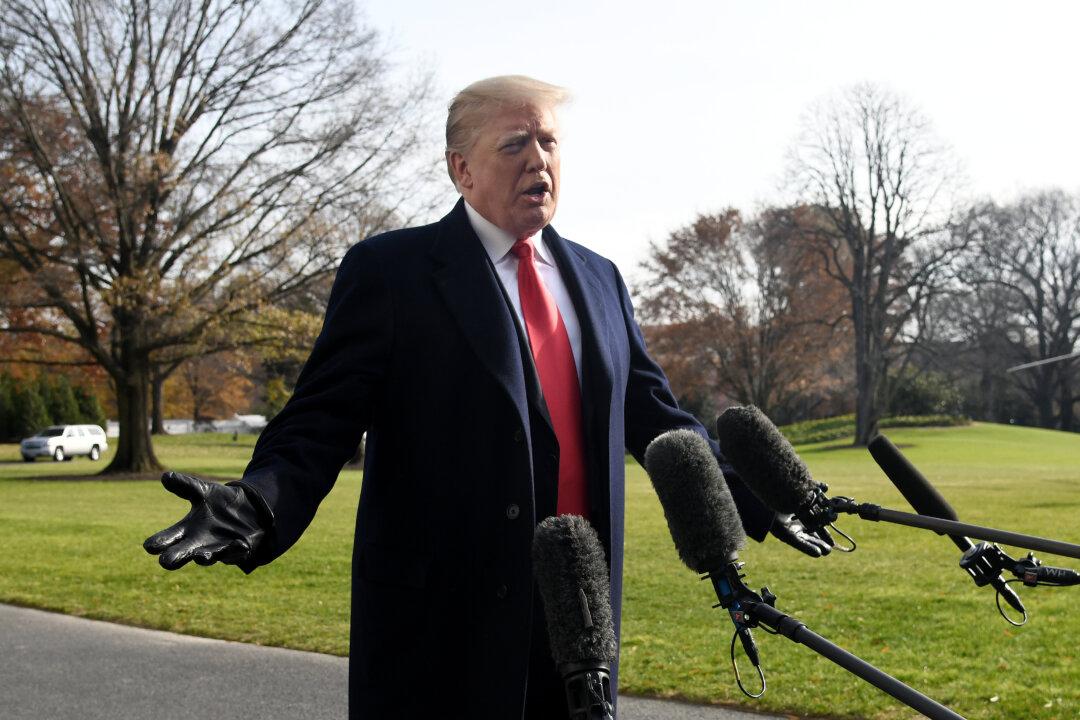Congress has just a few days left to send a budget bill to the White House that would prevent a partial government shutdown. President Donald Trump made it clear the bill needs to include $5 billion for building a border wall and, on Dec. 17, he doubled down, dismissing border security proposals that exclude a wall.
“Anytime you hear a Democrat saying that you can have good Border Security without a Wall, write them off as just another politician following the party line,” Trump wrote on Twitter. “Time for us to save billions of dollars a year and have, at the same time, far greater safety and control!”





